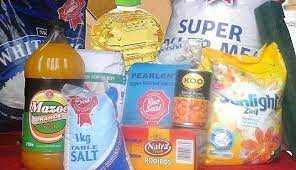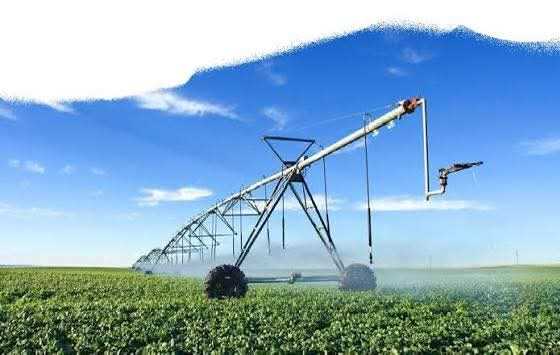
Audrey Galawu
The Confederation of Zimbabwe Industries has said the reintroduction of duty on basic commodities, effective February 1, 2024, has a 2-3% change impact which is deemed insubstantial and a fair compromise given the circumstances.
As of January 1, 2024, SI 248 of 2023 exempted VAT on all basic foods such as maize meal, rice, sugar, cooking oil, flour, and bread.
The duty was re-imposed through the Customs and Exercise (Suspension) (Amendment) Regulations, 2024 (No.272).
CZR president Denford Mutashu highlighted that the reintroduction of duty is another temporary measure by government directed at stabilising prices of basic commodities.
Mutashu applauded government for the decision which he said is fair and will ensure price stability.
“We have noted various concerns expressed in the media and by the public regarding the prices of basic commodities, stemming from the change in VAT status and the reintroduction of duty on basic commodities, effective February 1, 2024.
“The restoration of duty aligns with regional parity VAT and the only change was the transition from zero rating to VAT exempt, resulting in suppliers being unable to claim input VAT on taxable supplies.
“We estimate the cost of this change to be between 2 and 3%. We understand this decision was made by the government to address the negative impact on the fiscus due to massive VAT refunds on zero-rated products and the anticipated El Nino-induced drought and lower commodity prices which are likely to lower tax revenue in the short term,” Mutashu said.
Related Stories
The confederation said the reintroduction of duty does not affect prices.
“We do not anticipate any price increases as local manufacturers have sufficient capacity.
“Moreover, this measure supports job creation locally and facilitates greater circulation of money within the local economy.
“We will closely monitor the situation and maintain ongoing communication with local manufacturers. Should local pricing exceed import parity, we will swiftly engage the government to address this disparity,” CZR noted.
Other basic items such as soap, washing powder, and petroleum jelly have always been subject to standard VAT rates.
They were temporarily exempted for a period of six months, from February to August, before the exemption was extended to January 31, 2024.
SI 15 of 2024, effective February 9, 2024, has a similar effect on basic foods, with the exception of rice, which is not included in the exemption list.
Mutashu added that the organisation is engaging government to have rice reinstated on the exemption list given that rice is a staple food in many households and boarding schools.
“This is particularly crucial in light of the expected El Nino-induced drought and to ensure regional parity, as rice is exempt in the region. Locally, being subject to standard VAT will result in a 15% higher cost compared to cross-border traders from South Africa and Mozambique, potentially leading to informal sector trade and rendering local retailers uncompetitive.
“We can confirm that prices of bread, maize meal, and other commodities have stabilised and are in line with import parity. We will now approach the government regarding the exemption of VAT on rice,” Mutashu further noted.



















Leave Comments